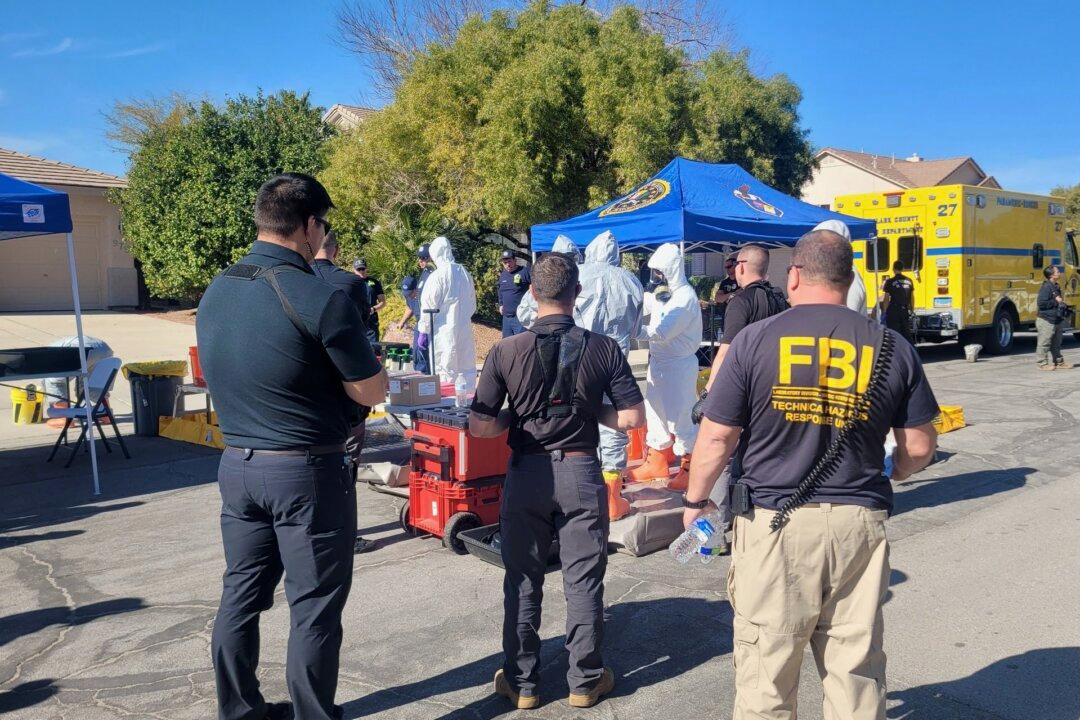Monday, April 2, 2012
THEN
April 2, 1982, Argentine forces—commanded by Gen. Leopoldo Galtieri’s military junta—invade the archipelago known as the Falkland Islands in the south Atlantic. The Falklands are a longtime British territory, 300 miles off the coast of Argentina. By the orders of the Argentine commanders, no islanders or Royal Marines are killed during the initial invasion. With Argentina’s military force outnumbering the British Royal Marine troops by about 3,000, Argentina quickly takes control of the islands, flies the flag of Argentina, and claims sovereignty over the territory. British Prime Minister Margaret Thatcher and the British government are outraged and quickly retaliate with force dispatching a naval task force of 30 warships to the region. In less than two months, the United Kingdom recaptures the Falklands with Argentina’s surrender on June 14. During the military conflict, 256 lives are lost on the British side and 750 on the Argentine side. The Falkland Islands have been the source of contention between the two countries since Britain first took control of the islands in 1833.
NOW
Today marks the 30th anniversary of Argentina’s invasion of the Falklands and the islands still remain a source of tension between the U.K. and Argentina. Argentina still claims historical and cultural rights to the Falklands and refers to the islands as Las Malvinas. The current population of the Falklands is approximately 3,000 people with the majority being U.K. citizens of British descent. The Argentine government has threatened to boycott U.K. goods and take measures opposing what they call an “illegal” exploration for oil in the waters surrounding the islands. In recent months, the conflict gained international attention when the government of Argentina expressed anger over the deployment of Prince William—Flight Lt. Wales, as he’s known in the Royal Air Force—to the Falklands for military duty.




